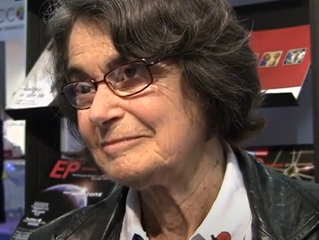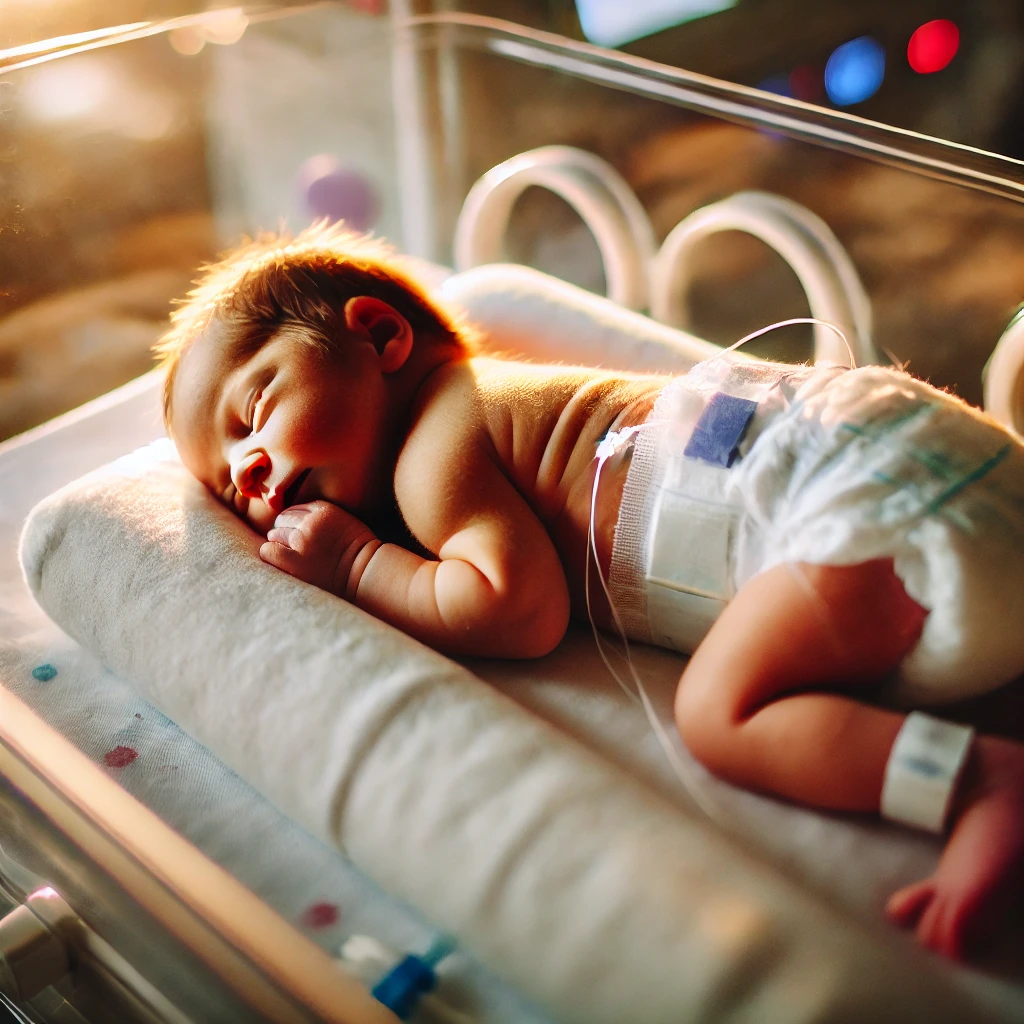
- Details
- Biju Hameed
- News
- Hits: 1836
Dr. Charlotte Dravet (July 14, 1936 – May 10, 2025), the esteemed French pediatric psychiatrist and epileptologist, renowned globally for her pioneering contributions to epilepsy research, passed away, leaving behind a profound legacy in the field of child neurology. Her groundbreaking identification and description of Severe Myoclonic Epilepsy of Infancy in 1978, later named Dravet Syndrome, transformed the understanding and management of severe childhood epilepsies.

- Details
- Shinichi Hirose
- News
- Hits: 226
It is with profound sadness that we announce the passing of Professor Yoichi Sakakihara on March 29. As the former President of the Asian and Oceanian Child Neurology Association (AOCNA), he was a towering figure in the field of pediatric neurology, leaving an indelible mark on both our organization and the broader international community.
- Details
- Biju Hameed
- News
- Hits: 1838
The ICNA along with the global child neurology community mourns the passing of Professor Robert S. Rust, MD.
A towering figure in pediatric neurology, Dr. Rust was a true Renaissance man—a historian, physician, educator, mentor, scientist, ethicist, archivist, and humanitarian. His unparalleled contributions, intellectual brilliance, and compassionate nature have left an indelible legacy on the field of child neurology and the countless lives he touched. Dr Rust passed away on December 22, 2024 at his home in Virginia.
- Details
- ICNA
- News
- Hits: 2804
November 19, 2024
The U.S. Food and Drug Administration (FDA) has granted fast-track approval to Kebilidi (Eladocagene exuparvovec), the first gene therapy in the United States administered via direct intracerebral injection. This approval represents a significant advance in the treatment landscape for aromatic L-amino acid decarboxylase (AADC) deficiency, a rare and debilitating neurogenetic disorder.
Read more: FDA Approves First-Ever Brain-Injected Gene Therapy for AADC Deficiency

- Details
- ICNA
- News
- Hits: 2893
Neurological disorders cause significant morbidity and mortality in children. However, cutting-edge in-utero therapies are transforming the management of these conditions, offering the potential to intervene before birth. Conditions such as spina bifida and genetic disorders like Pompe’s disease are at the forefront of this new frontier.
Spina bifida, a condition where the spinal cord fails to close properly, traditionally requires postnatal surgery. The CuRe Trial, led by Dr. Diana Lee Farmer at UC Davis, is pioneering in-utero treatment using mesenchymal stromal cells derived from the mother’s placenta. This groundbreaking approach aims not only to repair the spinal defect but also to reverse damage before birth. Early results in animals and humans are promising, with treated infants showing normal mobility at birth.
In a parallel development, fetal therapies for genetic disorders like Pompe’s disease are also progressing. Pompe’s is typically treated postnatally with enzyme replacement therapy (ERT), but recent breakthroughs have allowed treatment to begin in the womb. At The Ottawa Hospital, a fetus diagnosed with Pompe’s received ERT via the umbilical vein. The child, born healthy, is now a thriving toddler, showcasing the potential of prenatal interventions to alter disease trajectories.
These in-utero therapies are not limited to spina bifida and Pompe’s disease. Clinical trials are now underway for other genetic conditions, including Neuronopathic Gaucher disease and Mucopolysaccharidosis. As researchers refine these therapies, they are also exploring gene-editing technologies like CRISPR, which could further expand the scope of prenatal treatments.
However, in-utero therapies carry risks for both the mother and the fetus, and long-term safety data are still needed. Ethical considerations, especially concerning gene-editing, also require careful scrutiny. Despite these challenges, these therapies hold immense promise for reducing childhood disabilities and improving outcomes.
As research continues, in-utero treatments may soon become a standard part of prenatal care, offering a future where neurological and genetic conditions can be addressed before birth, changing the lives of countless children and their families.